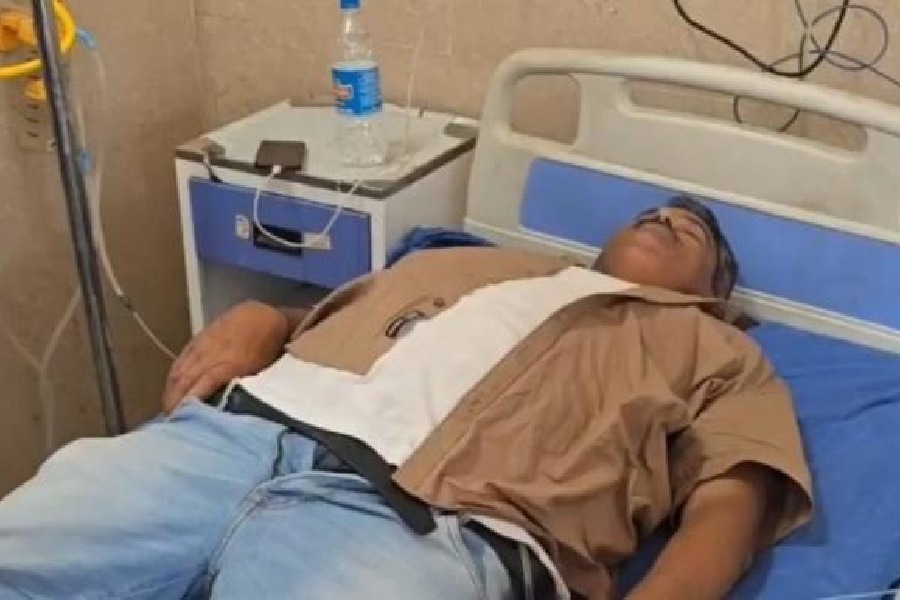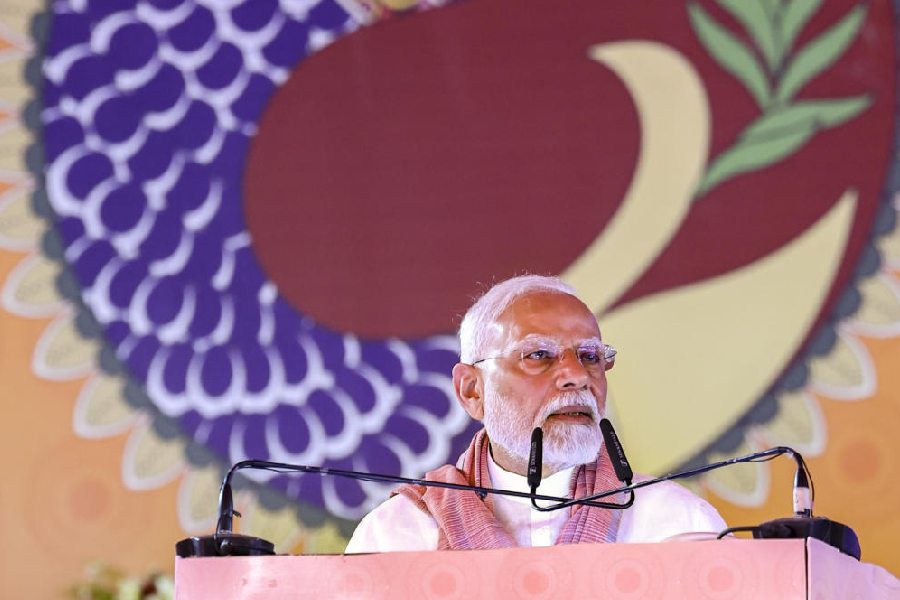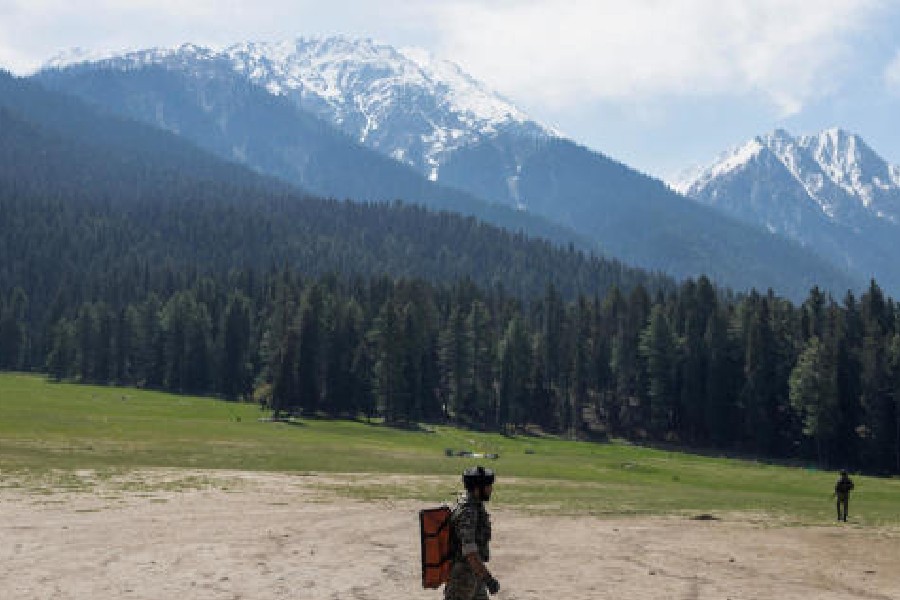The use of aromatherapy to treat common ailments and alleviate pain, physical or mental. Researching herbology, popularly known as ayurveda, in the discovery of new drugs to cure health problems and diseases. Concrete courses, both, in leading Calcutta universities. It’s clearly an ode to nature in vocational classrooms.
Jadavpur University (JU) has recently set aside six cottahs for a herbal garden. Open to all, it will be used to educated “laymen” about plants with medicinal properties, which will be donated by the Agri-Horticultural Society of India, and maintained by Herbicure Pvt Ltd. This follows a decision by the ‘adult continuing education department’ to start a post-graduate, year-long diploma course on herbology, in association with the Society, with faculty from the pharmaceutical department. The course will teach students how to grow plants and make medicines from them.
Not a new trend at JU, where the pharmaceuticals department, in collaboration with Herbicure, produced two herbal medicines, Asmakure and Painkure, for asthma and arthritis sufferers. “Clinical trials by a Canadian company have prompted them to ask us for a tie-up,” says Tapan Kumar Chatterjee, a research scientist with the department. “We have a patent in over 140 countries for the two drugs, and several foreign companies have approached us for research collaborations.” A Rs 53-lakh donation for an endowment fund from an ex-student of the department, US-based V. Ravichandran, means more money for research projects and fellowships.
“A lot of money is spent on developing drugs for diseases like cancer and AIDS, so there are no new drugs in the market for the more common problems,” explains A.K. Bandopadhyay, head of the department. “That is what we are trying to do with herbology. There is a lot of scope for this, mainly because of the lack of side-effects.” Chatterjee agrees, claiming that herbology “will soon reign supreme”.
At another end of town, in Rabindra Bharati University (RBU), a bunch of around 54 students listen attentively to how lavender oil can be used to cure insomnia, sandalwood to relieve stress, rosemary to stop hair-falling problems and eucalyptus to treat muscular and joint pains. Aromatherapy is just one component of the Physioimage course — also run by RBU’s adult continuing education centre — and includes subjects like physiotherapy, diet and nutrition, yoga and health psychology. “The course is about maintaining all-round fitness, and remaining in good health the natural way,” says Tarun Kumar Jana, course leader. “Besides, since this certificate course is aimed at providing job opportunities to the economically challenged, it is ideal, in that very little capital is required to set up a business.”
Like Mohammed Sayed, 42, who works in a lab and wants to set up a clinic where he can practise physiotherapy and aromatherapy. And although 28-year-old Gautam Chatterjee had never heard of aromatherapy before he joined the course, he is enjoying it, and definitely thinks of it as a “worthwhile occupation”.










